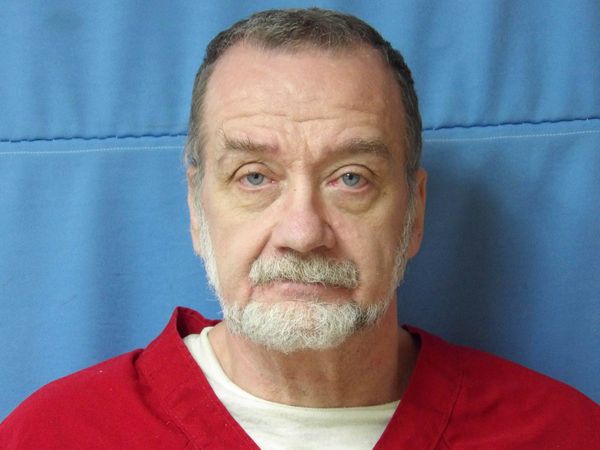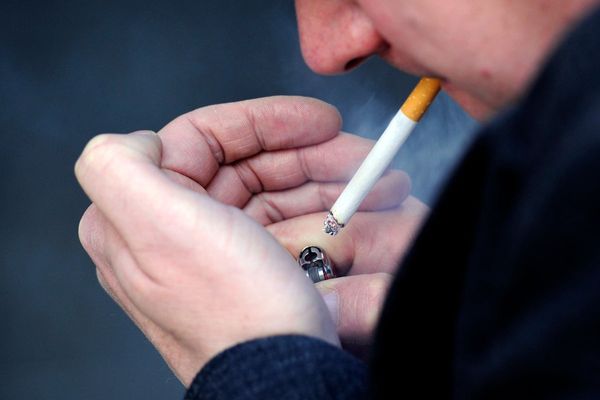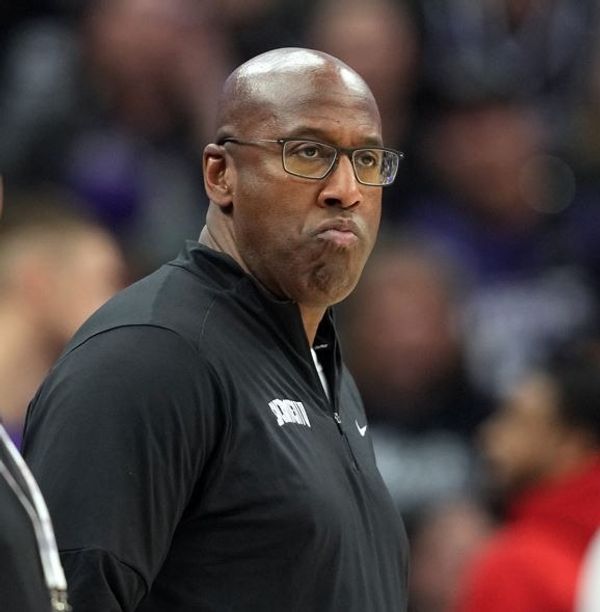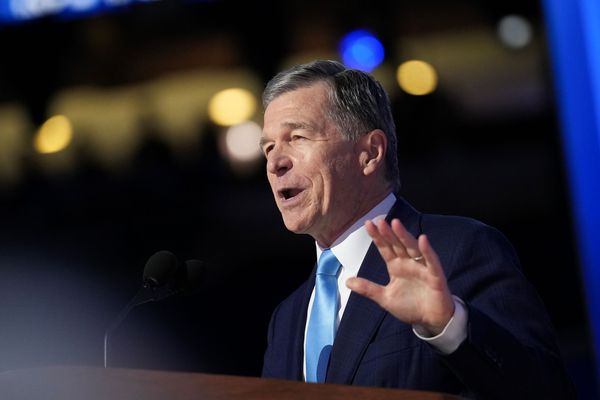This college basketball season's indelible moment came when Duke star Zion Williamson's size-15 Nike burst apart at the seams just seconds into a much-anticipated game against rival North Carolina.
Williamson, the ACC Player of the Year and expected No. 1 overall NBA draft pick, missed the rest of the regular season. Nike executives flew to Durham the next day _ part damage control, part relationship management _ and worked to find a solution to get Williamson back on the court for the ACC Tournament a month later in a retrofitted shoe.
It was another reminder of the vital role shoe and apparel companies play in basketball at all levels and underscored the near-impossible task of diluting the influence Nike, Adidas and Under Armour hold. The shoe and apparel companies that support the sport at the amateur, collegiate and professional levels have created a pipeline through which elite talent, like Williamson, flows.
A McClatchy look at the top 100 high school basketball recruits over a five-year period found that nearly every recruit played for at least one shoe-backed grassroots team and matriculated to a shoe-backed college team. The most talented played in the NBA, where the best of the best get their own signature shoe.
That shoe-strewn career path is under scrutiny by federal law-enforcement officials and the NCAA after a wide-ranging scandal involving Adidas representatives who gave money to the families of top prospects in exchange for the players' commitment to Adidas-sponsored colleges. Three people, including two former Adidas executives, were convicted in a federal trial last year and sentenced to prison earlier this month.
"That probably represents just the tip of the iceberg in that realm," Arne Duncan, the former Secretary of Education in the Obama administration and co-chair of the Knight Commission on Intercollegiate Athletics, said of the convictions in October.
Text messages displayed at the trial showed Adidas executives believed Nike and Under Armour were making the same types of deals to secure players.
A second federal trial is set to begin next month, which could uncover more transgressions and cost more coaches their jobs. Will Wade, head coach at SEC regular-season champion and Nike-sponsored LSU, has been suspended after being caught on tape allegedly discussing payments to secure a top high school basketball player.
The NCAA responded quickly to the federal charges, setting up a commission on college basketball led by former Secretary of State Condoleezza Rice, to offer recommendations to help the sport, then adopted many of that group's proposals a mere four months later.
Williamson, the biggest star in college hoops, played for an Adidas-backed AAU team while in high school. He chose to play at Nike-sponsored Duke, which has been partnered with the shoe giant for more than 25 years.
Data collected by McClatchy showed that Williamson was an outlier here, too: Most high school players stay with the same shoe company from high school to college.
Of the top 15 players in the 2018 recruiting class, 10 attended a college sponsored by the same shoe company that sponsored their primary AAU team.
In 2017, 14 of the top 20 players signed with a college sponsored by the same shoe company as their AAU team, with 13 of those being Nike-Nike.
In 2016, seven of the top 11 players signed with Nike colleges after playing for Nike AAU teams.
Some stars played on several different AAU teams, often with different sponsors. Despite the data, many top-rated players said the shoe companies played no role in what college they ultimately attended.
"I played for every sponsor's team. I played for an Adidas team. I played for an Under Armor team. A Nike team. It didn't matter," said North Carolina freshman Nassir Little, a top-five recruit in 2018.
The coach of Little's Adidas-sponsored 1 Family AAU program was indicted and arrested in connection with the bribery scandal. The felony charges against Brad Augustine were later dropped by federal prosecutors.
One prominent North Carolina AAU coach said shoe sponsorship is not a primary consideration for most players. Dwayne West runs the Adidas-sponsored Garner Road AAU program. His top player this year, 6-foot-11 Kadin Shedrick of Holly Springs, is going to Nike-backed Virginia, having chosen the Cavaliers over Nike-backed Xavier.
"Best opportunity. The best fit. The college experience they want to have," said West, whose brother is long-time NBA standout David West. "If we're going to funnel anybody, you'd think you'd take your best one and send an Adidas school your best one. That doesn't have a factor at all in the recruitment and the decision process for us."
Other top prep players say shoe companies did not play a role in their decisions. Vernon Carey Jr., a Duke commit, played for Nike Team Florida. His final five college choices included four Nike schools and an Adidas one.
"I don't really care about the shoe brands, I care about the programs," the 6-foot-10 Carey told The News & Observer this summer in an interview at an AAU event. When he committed, Carey said he chose Duke because of coach Mike Krzyzewski and the Blue Devils' vision of him as a positionless player.
Wendell Moore Jr., the top-ranked prep player in North Carolina, played for a Nike-backed AAU team, but his final five college choices included an Adidas school and an Under Armour school along with three Nike programs. Moore picked Duke, too.
"The brand doesn't matter," Moore told The News & Observer in an interview at an AAU event this summer. "I just want to go somewhere where I can win games and fit in when I go to college."
If some players say it doesn't matter, the brands clearly care. Shoe companies have used the summer basketball circuit to pay the family members of talented players. The practice is not against NCAA rules.
Nike sponsored The Phamily, run by the father of Marvin Bagley III. Bagley played one season at Duke and was selected No. 2 overall in the 2018 NBA draft by Sacramento.
Romeo Langford, a freshman at Adidas-sponsored Indiana, played for Twenty Two Vision, an Adidas-sponsored program directed by his father, Tim. Adidas won a bidding war with Nike and Under Armour to support the program, former Adidas-sponsored Louisville coach Rick Pitino told The Washington Post. Langford chose Indiana over Adidas-sponsored Kansas and Vanderbilt, a Nike school.
Duke signed 14 top-100 players between the 2016 and 2018 recruiting classes _ 10 of them played for Nike-sponsored AAU programs. Mississippi State, an Adidas school, signed nine top-100 players in that three-year span; six played for Adidas-sponsored AAU programs. Kansas signed three top-100 players in 2018, all three played at Adidas-sponsored AAU programs.







